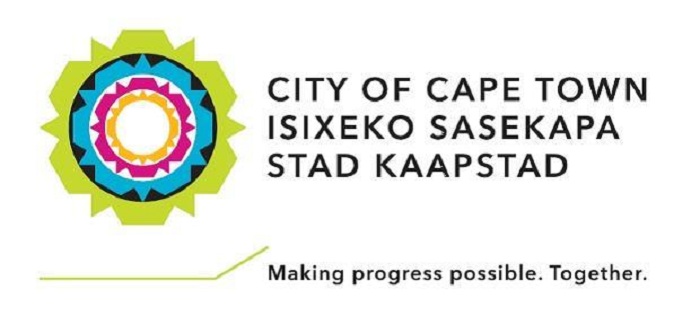The City of Cape Town’s drilling programme is threatening the Unesco status of the Kogelberg biosphere, says the chairperson of the Kogelberg Biosphere Reserve Company (KBRC), which has an oversight role in terms of the Unesco ‘Man and Biosphere’ (MAB) agreement.
“The KBRC will not pay lip service to the ideals and principles of the Unesco agreement and will not rubberstamp the drilling while the City disregards our concerns for what they might be doing to further threaten the extinction of many endemic species of flora and fauna that are already endangered,” Michael Du Toit said.
“If this continues, the KBRC will not sign off the 10-year report that Unesco [is] expecting to keep our MAB status. We are simply not doing enough to protect the biosphere, as we have undertaken.”
The MAB programme is an intergovernmental programme which aims to establish a scientific basis for enhancing the relationship between people and their environments.
According to the United Nations’ Educational, Scientific and Cultural Organisation’s (Unesco) website, the programme is supposed to combine the natural and social sciences with a view to improving human livelihoods and safeguarding natural and managed ecosystems leading to the promotion of innovative approaches to economic development that are socially and culturally appropriate and environmentally sustainable.
In February this year, a group of local scientists sharply criticised the Cape Town’s water augmentation plans to drill boreholes into the Table Mountain Group Aquifer (TMGA), claiming it threatened many already endangered species of flora and fauna.
Boreholes are currently also being drilled into the Cape Flats and Atlantis aquifers.
“It is outrageous that they are drilling, whether that be in the core or in the buffer zone of the biosphere. Drilling boreholes in the buffer zone is close enough to have an impact on the core. The City of Cape Town has neglected to do the necessary research and drilling is not an option, because the potential damage is immeasurable and that’s the concern. We don’t know what the impact could be. It could be more far reaching than what we can imagine,” Du Toit said.
He also criticised the Department of Environmental Affairs and Development Planning, saying that it made no sense for them to give the reserve company R200 000 a year to perform its oversight role and then not bother to consult the company about granting the City of Cape Town a directive to dispense with the normal requirements of an activity that threatened the environment.
“It is simply counter-productive,” he said.
“Here I am putting time and money into managing this company; supposedly looking after the biosphere, while the very people who fund us are negating our efforts. If this is what happens in an ’emergency’, we might as well forget about having a biosphere. The whole idea was that this be preserved – absolutely, whatever emergency we face.
“We might as well save the time and money spent on protecting the biosphere. How do I gain support and find others to assist me when clearly I have no authority to look after the biosphere?” Du Toit said.
He added that the reserve company was established for a very good reason.
“The SA government gets the benefit of the collaboration with Unesco. Our government cannot expect that collaboration and expect individuals from the private sector to do their utmost to preserve an area and then ride roughshod over that.”
In response, Rudolf van Jaarsveldt for the Western Cape government and Deputy Mayor Ian Neilson for the City both referred News24 to the directives that permitted the drilling programme to insist the City and Western Cape government had followed all the necessary regulations and procedures defined by law.
They both declined to respond directly to the threat of the Kogelberg biosphere losing its Unesco status.
Despite these assurances, some environmentalists remain concerned that the City has neglected to comply with the regulations of the National Environmental Management Act (NEMA).
Both Dr Jasper Slingsby of the South African Environmental Observation Network (SAEON) and Professor Anthony Turton of the Centre for Environmental Management at the University of Free State have openly criticised the City, claiming the directives received did not exempt it from doing the necessary environmental impact assessments.
The City’s response also did not satisfy Du Toit, who added: “Even if what they’ve done is not illegal, it goes completely against the spirit of our government’s agreement with Unesco”.
[Source: News24]





 WhatsApp us
WhatsApp us 

